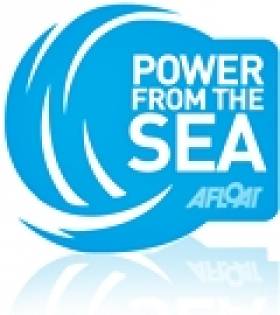Displaying items by tag: oil companies
Government to Showcase New Exploration Opportunities in Irish Waters
Minister for Natural Resources, Conor Lenihan will next week front a major promotion of Ireland's oil and gas exploration potential to a large global audience. Minister Lenihan will showcase new exploration opportunities in Irish waters – the 2011 Atlantic Margin Licensing Round – at a major international petroleum conference in Singapore.
Ireland's offshore exploration potential will take centre stage at the Oil and Gas Investment Asia conference where Minister Lenihan will deliver a keynote speech, in which he will declare Ireland's offshore open for business.
Speaking prior to this departure for Singapore, Minister Lenihan remarked
"this conference and associated meetings and briefings represent an excellent opportunity to promote Ireland's offshore as a world class exploration destination.
Although we already have two large Asian exploration companies active in Ireland's offshore, we can not expect Asian companies to be fully aware of Ireland's potential.
I will deliver a strong message that as well as our offshore having lots of exploration potential, Ireland is a politically stable economy, with a competitive tax regime, in which their business will be welcome and encouraged to flourish."
Across the three day event Minister Lenihan and his officials will brief senior executives from the largest Asian oil companies about prospects in the Irish offshore. These include Petronas and STX as well as the National Oil corporations of Singapore, the Philippines and Korea. The Minister's itinerary will also include Enterprise Ireland meetings connected with Minister Lenihan's brief as Minister for Science, Technology and Innovation.
Minister Lenihan will particularly stress the opportunities presented by Ireland's latest offshore licensing round – the 2011 Atlantic Margin Licensing Round.
"This round will be Ireland's largest licensing round to date, covering an area of just over a quarter of a million square kilometres" he said.
"It's exciting because we know that within this Atlantic Margin area there are a number of large sedimentary basins with proven petroleum prospectivity. The fact that there are currently 27 companies involved in the offshore petroleum industry in Ireland, including many international companies and some of the world's majors is positive, but Ireland needs to attract a higher level of exploration investment if the petroleum potential of our offshore territory is to be realised. The objective of the 2011 Licensing Round is to attract a greater share of mobile international exploration investment to Ireland.
Now is the time to deliver this message on the world stage – we will do so next week in Singapore," he concluded.




























































